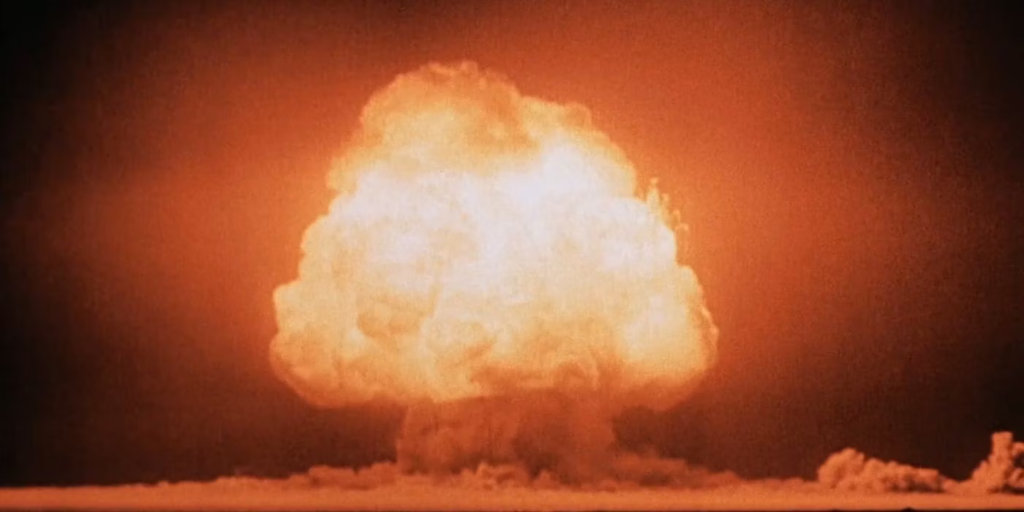In the world of science, there are figures who eclipse all others, their creations leaving indelible marks on human history. One such man is J. Robert Oppenheimer, the father of the nuclear bomb. His life, regrets, and mysteries are now at the heart of Christopher Nolan’s upcoming cinematic masterpiece, Oppenheimer. Today, we invite you to join us as we delve into the enigmatic life of this scientist, his nuclear dilemma, and the Hollywood blockbuster that revives his story.
The Man Behind the Bomb

His name is etched in history and echoes through the annals of science. J. Robert Oppenheimer, a physicist whose brilliance and ambition led him down an unprecedented path, is a figure of immense intrigue and complexity. Born into a Jewish family, he faced the harsh realities of anti-Semitism even as he climbed the ladder of academia at Berkeley.
Did you know? Oppenheimer’s work on the Manhattan Project, America’s ultra-secret endeavor to develop nuclear weapons, placed him at the epicenter of a monumental shift in global power. The detonations of his devices rattled not only the foundations of the world but also his conscience, birthing the Shakespearean essence of his life.
This profound narrative is being brought to life by acclaimed director Christopher Nolan in his star-studded film Oppenheimer. With a cast boasting the likes of Cillian Murphy, Emily Blunt, Matt Damon, and Robert Downey Jr., the cinematic exploration of Oppenheimer’s life promises to be as riveting as the man himself.
Unraveling the Atomic Dilemma
The weight of Oppenheimer’s legacy lies heavily on his pivotal role in developing the atomic bomb. Oppenheimer was drawn into the whirlwind when President Franklin D. Roosevelt approved the program in 1942. His job was to study neutron chain reactions in the proposed weapon, an effort that called upon the skills of his students and European scientists.
Did you know? His theoretical work bore fruit on July 16, 1945, with the successful detonation of a plutonium device called ‘The Gadget.’ This led to the creation of Fat Boy and Little Boy, the atomic bombs that were detonated over Hiroshima and Nagasaki. Oppenheimer’s contribution to the world was a game-changer, a tragic marvel of science, and a hauntingly fascinating tale now immortalized through the lens of Christopher Nolan.
The Burden of the ‘Destroyer of Worlds’
Oppenheimer’s legacy is far from simple. His journey was colored by his beliefs and complexities, even sparking an interest in Hinduism and the Bhagavad Gita, from which he borrowed the chilling line “now I become Death, the destroyer of worlds.”
The man, his regrets, his struggles, and the impact of his creation have all found a home in Nolan’s Oppenheimer. With his commitment to accuracy, practical effects, and the power of cinema, Nolan offers a new perspective on this tremendous figure of history, reminding us that even the greatest minds can be overshadowed by the consequences of their inventions.
Christopher Nolan’s Oppenheimer is not just a movie; it’s a time machine that takes us back to one of the most poignant eras of human history, reminding us of the paradoxical power of scientific innovation.
